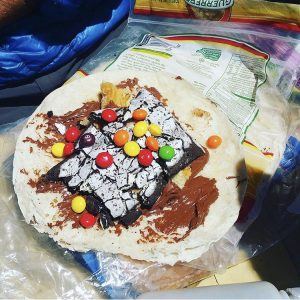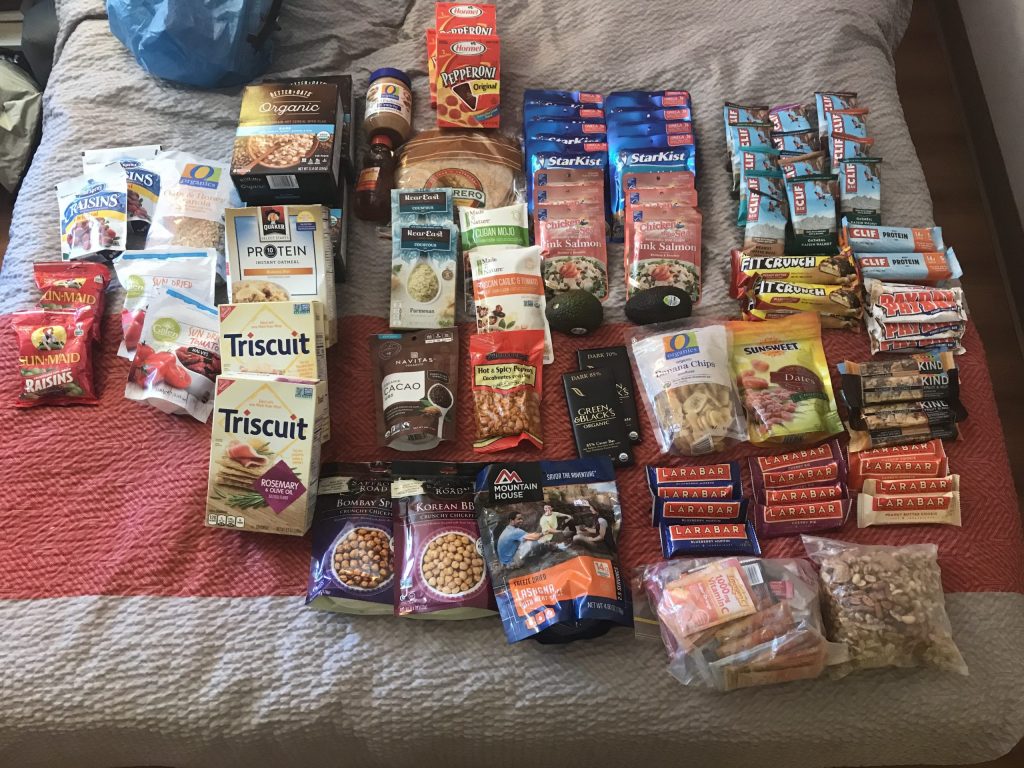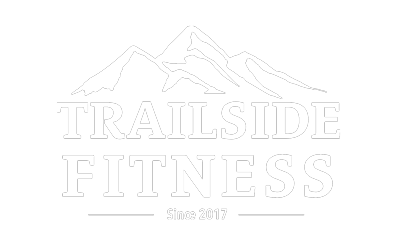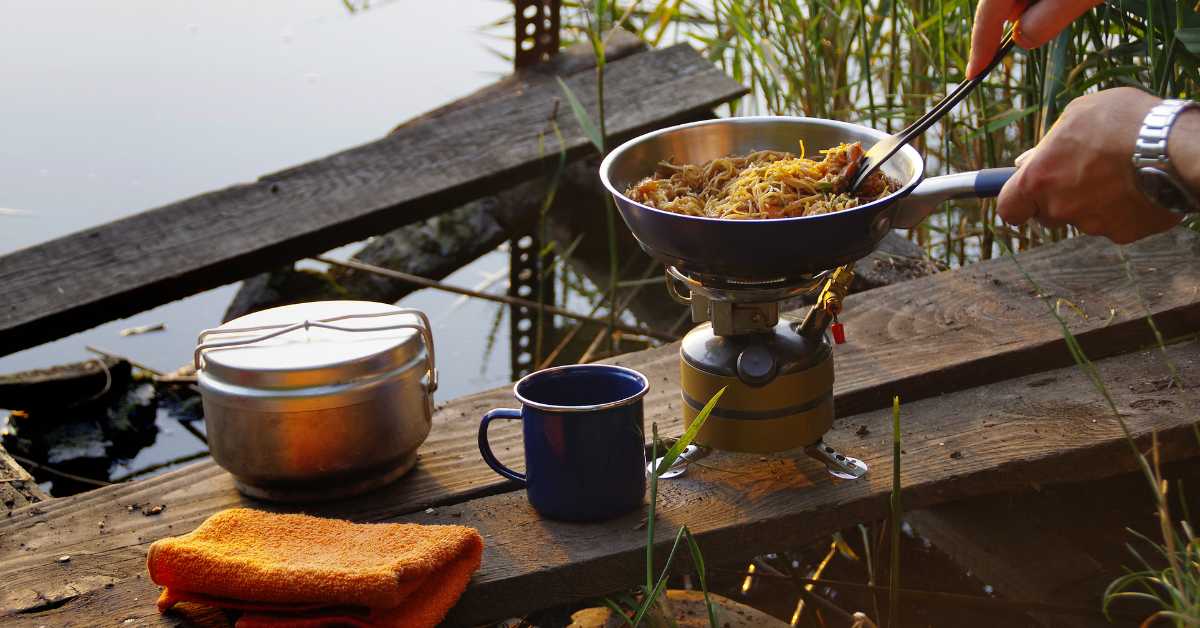Hiking Gut Health & Digestion Issues
How good is your hiking diet?
Hiking gut health and digestion issues are common in long-distance hiking. And there’s a good reason for this. If you spend any time in the long-distance hiking community, you’ll meet and hear of hikers who brag about how silly their diet is: candy bars, pop tarts, ramen bombs, gummy bears, sticky buns, jars of frosting, or combining butter sticks with peanut butter. It’s shocking.
What if there was a better way?
I was interviewed by an REI journalist about our PCT experience, specifically our nutrition game plan. Eating healthy and fueling your recovery should be a priority! I also highly recommend Backcountry Foodie for lightweight, balanced meals that will help you maintain steady energy all day.

An example is empty calories with no nutrient density. This will leave you low energy every time!
A long distance hike isn’t a chance to disregard all common sense and rational behavior around food choices.
Hikers tend to eat this way, thinking that a calorie is a calorie and that the body does not discriminate; it just needs fuel. This is akin to putting diesel in a gas engine, a recipe for disaster. While a hardworking hiker’s body does need calories, there needs to be a better balance between quality and quantity.
What if you could reduce your hiker hunger and cravings by eating a better trail diet? As a bonus, a better diet will also reduce inflammation, help you recover better each night, and feel more energized throughout the day. That sounds like a recipe for completing your thru-hike!
Signs Your Digestion Is Off While Hiking
What are the signs, and how will you know things are off? Your face skin will break out with acne; you may have a rash or bumps on your skin and a dry or flaky scalp. You may also notice digestion issues become more common place or frequent. Your body is telling you it is not responding well to the food you are giving it. Food sensitivities may also cause an increase in sneezing or rashes. Keep an eye out for these signs!
Remember, you need fiber, protein, good carbohydrates and fat in appropriate ratios for performance and recovery. Think long-term investment here; it will pay off!
Poor Gut Health Is Zapping Your Mental Game

A well-rounded diet with carbohydrates, protein, fat, and fiber is filling, nutrient-dense, and provides steady energy.
Did you know that almost all hikers report increased mental fatigue at about the halfway point of their hike? Believe it or not, the bacteria in your stomach play a major role. The gut is also called the second brain—pretty neat, right?
When the gut is imbalanced, the main neurochemicals for mood, energy, anxiety, depression, and motivation are negatively affected. When you eat low-nutrient density foods, it does not properly fuel you or your brain chemicals.
Gut Health & Post Hike Depression
Also, post-hike depression is quite real and hits just about every hiker at the end of their trip. Having a solid nutrition plan on the trail will help you by not only giving you more pep in your step but may also decrease the post trail blues.
Upon returning home, I made a lot of nutrient-dense green smoothies and started with my post-trail recovery. That involved self-massages for my feet and calves, mobility for my hips, ankles, and mid back, sauna sessions, walks, and a gentle return to the gym and physical activity.
With thoughtful, informed nutrition choices, you can give yourself the best chance for success on and off the trail. Limit the sugary foods! Calories do count, but nutrient density is ALWAYS king!
Updated 5/9/2024


Recent Comments